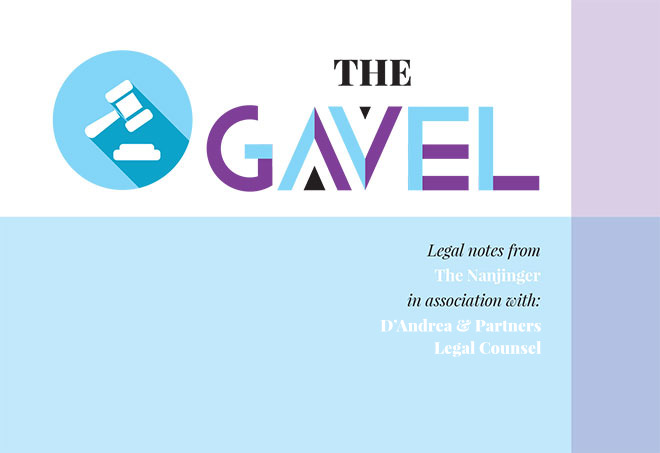Most people associate character with moral qualities but the definition also includes non-moral characteristics, behavioural tendencies and patterns of life, things with nothing to do with morality; being mindful of others, shyness or a fondness for cats, etc. Is a man honest, is he of a violent temper, is he modest and retiring or imprudently forward? These all constitute traits of character. The definition is also tricky because we must distinguish persistent behaviour from a tendency to behave in certain ways. The opinion of a person generally derives from the knowledge of the people who are best acquainted with him/her.
The reference to “character” includes both reputation and a person’s disposition. In court, if a reputation is truly bad, or can be deemed poor in other respects affecting moral character, a jury may infer that the witness is unreliable.
Generally speaking, in civil proceedings, the good character of a party is inadmissible, unlike defendants in criminal cases. However, there are a few exceptions. A defendant’s character can be attacked in civil proceedings to undermine their credibility. Of course, if a party in litigation has their credibility argued, they can call evidence of good character to rebut the allegation.
- AI Face Swapping; the Legalities of Personal Data Security
- Sexual Harassment & Other Illegalities in the Gyms of China
- Laws of Living; 4 Top Legal Concepts for Foreigners in China
Evidence of character may be a means to suggest that a person acted on the occasion in question in a manner consistent with his/her character. This use of character is often described as “circumstantial”. Evidence of good character is not permitted for the purpose of arguing that the defendant committed a crime but it is admissible to show that the defendant is unlikely to have committed an alleged crime.
Prosecutors also sometimes use the concept of modus operandi (MO) to present evidence of a defendant’s past misdeeds, in which the prosecutor offers evidence that the method a defendant used to commit past misdeeds is unique and nearly identical to the method allegedly used to commit the charged crime. Evidence is then admissible, not to address the bad character, but to show that the common MO points to the defendant as the perpetrator of the charged crime. For whatever it’s worth, a judge might give a limiting instruction to disregard the evidence as it relates to the defendant’s character.
There are fundamental distinctions on evidence and judicial proof between the Chinese system and Anglo- American law (Common law). In civil law systems, the judge calls and questions witnesses, while the trial relies upon written evidence and minimal use of precedent. Common law systems however, grant attorneys great control over the trial; there are intricate rules as to evidence and they rely heavily upon precedent. However, with recent judicial reforms in both civil and common law jurisdictions, the distinctions between the two systems have diminished significantly.
- China Firm’s Theft of First Ever Photo of Black Hole
- Economic Stimulation; Golden Week vs. Long Weekends
- The Mystery of the Drunk-Driving Litchi
In many civil-law countries, such as China, attorneys are taking a leading role in calling and questioning witnesses. For instance, there are now almost no exclusionary restrictions against hearsay and character evidence in the Chinese evidence system. Usually, character evidence can only be used as the basis for impeaching the defendant’s statements, rather than the basis for convicting him/her of a crime. Hearsay, character and propensity, as well as other certain areas of evidence are excluded when offered to show fault and liability. Nowadays, when the judge encounters a witness in court reporting another’s statement, they usually call the author of the text to the stand; hearsay evidence may then be transformed into witness testimony via these means.
DISCLAIMER
This article is intended solely for informational purposes and does not constitute legal advice. Although the information in this article was obtained from reliable official sources, no guarantee is made with regard to its accuracy and completeness. For more information please visit dandreapartners.com or WeChat: dandreapartners









